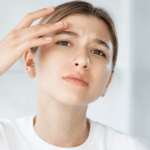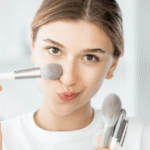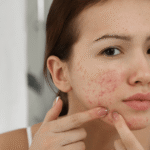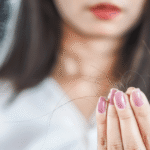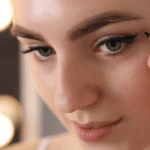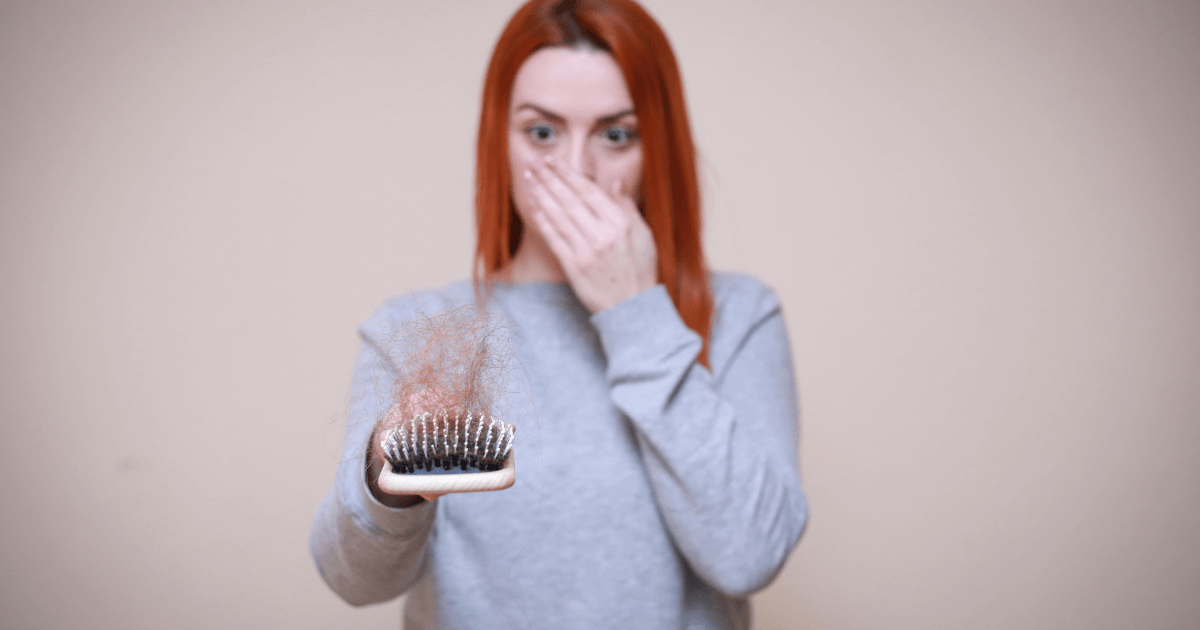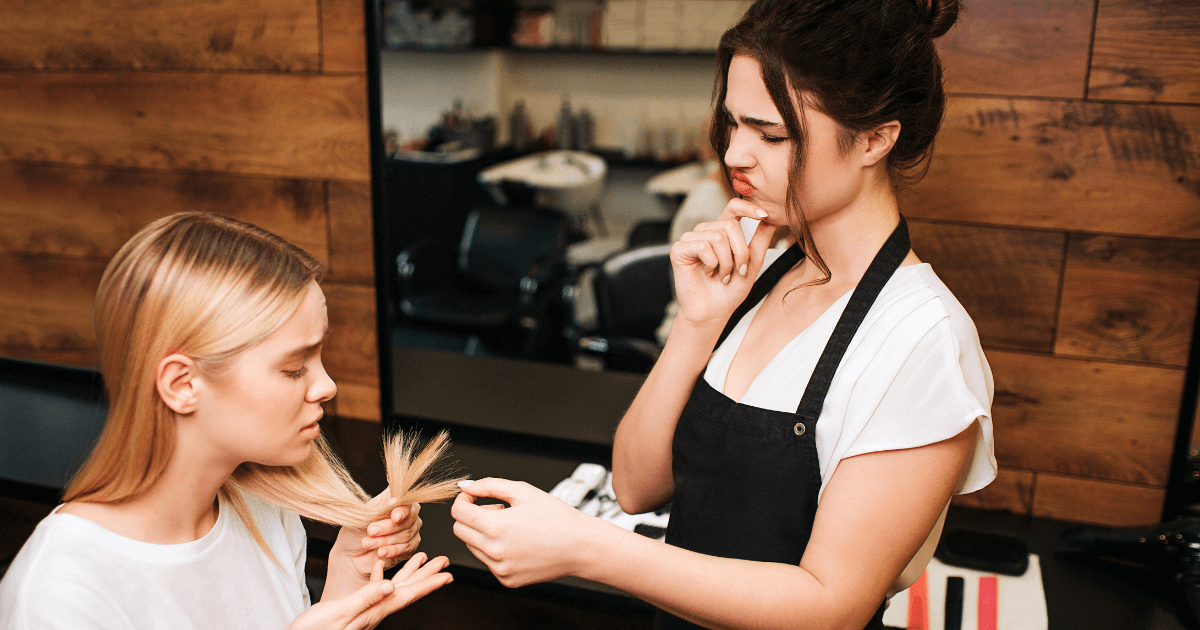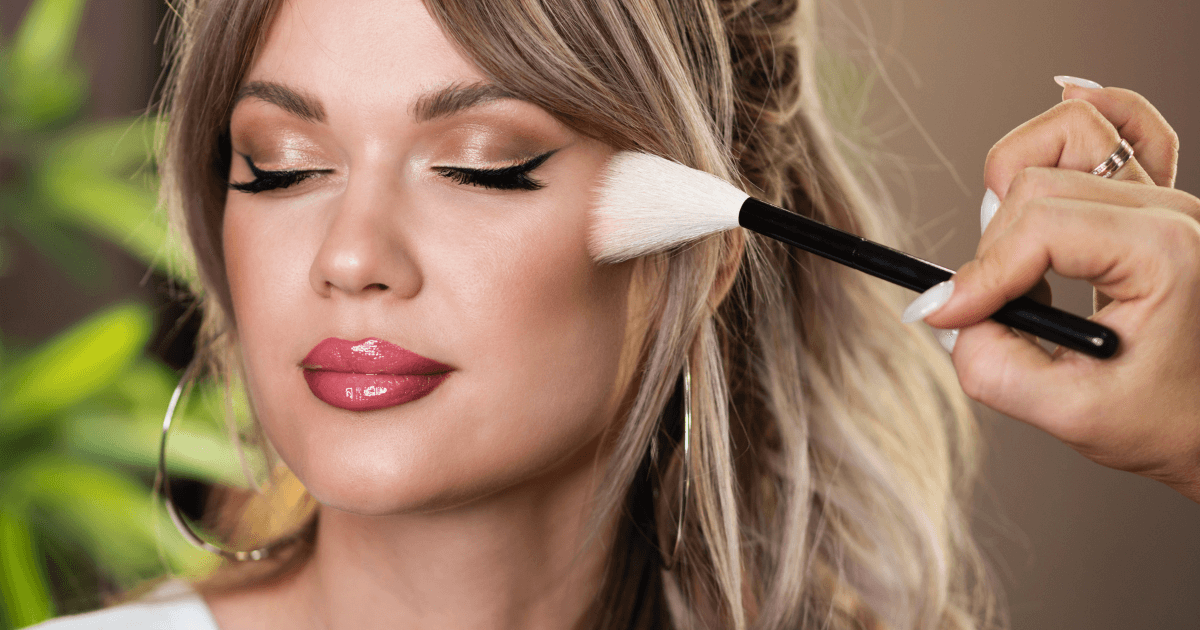Why Haircare is Needed?
Hair is one of the most prominent and visible parts of our identity. It plays a crucial role in self-expression, cultural identity, confidence, and overall appearance. Whether long or short, curly or straight, natural or treated — everyone’s hair needs proper care.
What is Haircare?
Haircare refers to the practices, routines, and products used to clean, maintain, and improve the health and appearance of the hair and scalp. It involves cleansing, conditioning, moisturizing, trimming, styling, and protecting the hair from damage caused by environmental factors, styling tools, and chemical treatments.

Haircare is the process of maintaining clean, healthy, and manageable hair through various practices and products.
Why is Haircare Needed?
Haircare is essential for multiple reasons — from maintaining hygiene to boosting confidence and preserving scalp health. Below are the top reasons why haircare should be a regular part of your wellness routine:
1. To Maintain Scalp and Hair Health
Dirty hair and scalp can lead to dandruff, fungal infections, and irritation. Regular cleansing prevents oil buildup and supports healthy hair growth.
2. To Prevent Hair Damage
Hair is exposed daily to pollutants, UV rays, heat styling, and friction. Without proper care, it can become dry, brittle, and prone to breakage.
3. To Enhance Appearance
Healthy, well-groomed hair contributes to a neat, stylish, and confident look. Shiny and smooth hair often enhances attractiveness and self-image.
4. To Improve Hair Growth
Nourishing the scalp with oils, massages, and proper nutrition helps stimulate blood circulation, encouraging new hair growth and preventing hair thinning.
5. To Boost Self-Confidence
A good hair day can uplift your mood and make you feel ready to face the world. People often feel more attractive and confident with healthy, styled hair.
6. To Support Cultural and Personal Identity
Hair plays a key role in cultural traditions, religious practices, and individual expression. Haircare helps people maintain and celebrate their identities.
Haircare is needed to promote cleanliness, prevent damage, support hair growth, enhance appearance, and boost personal and cultural confidence.
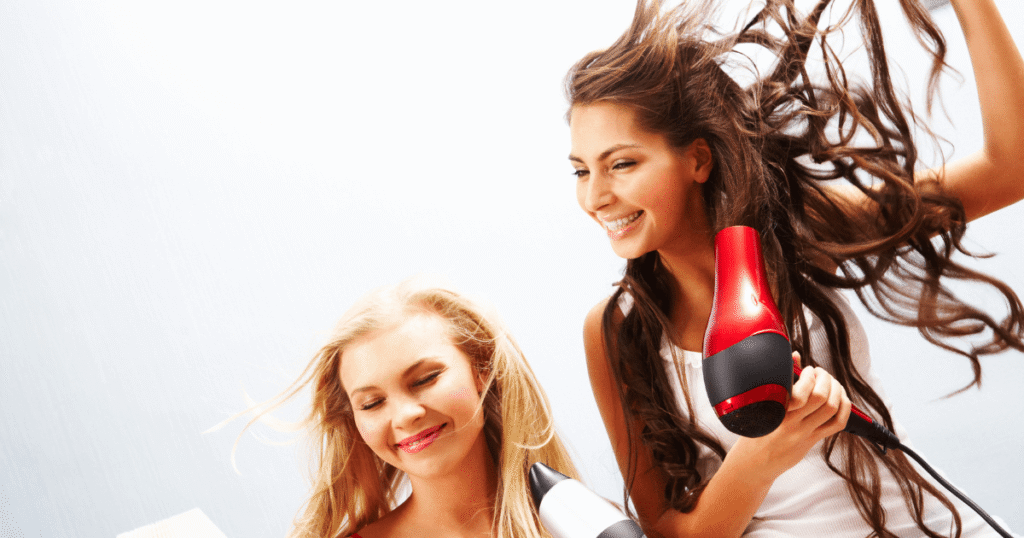
Who Needs Haircare?
Haircare is important for everyone, regardless of age, gender, hair type, or lifestyle.
- Men and Women: Both need different haircare routines based on hair length, texture, and styling habits.
- Children: Need gentle products to protect developing hair and scalp.
- Elderly: Require scalp care and nourishment due to thinning hair.
- People with Hair Treatments: Colored, permed, or chemically straightened hair requires specialized products and care.
- People with Medical Conditions: Hair loss due to health issues also requires specific haircare routines.
Everyone needs haircare — from children to the elderly, across all hair types and conditions — to maintain healthy and beautiful hair.
When Is Haircare Needed?
Haircare is an ongoing process that should be practiced consistently. However, certain life situations demand extra attention:
1. Daily or Weekly Care
Hair should be washed regularly (every 2–4 days for most hair types) and conditioned to keep it clean and manageable.
2. During Seasonal Changes
In winter, hair can become dry and frizzy, while in summer, sweat and sun can cause oil buildup or damage. Adjusting your routine to the season is essential.
3. After Styling or Heat Use
Whenever you use curling irons, straighteners, or blow dryers, you need to apply heat protectants and deep conditioners.
4. After Chemical Treatments
Coloring, bleaching, or relaxing hair causes damage that needs repair through masks, serums, and nourishing treatments.
5. When You Notice Hair Issues
If you experience excessive hair fall, dandruff, split ends, or scalp irritation — it’s a sign you need a better haircare routine.
Haircare is needed regularly, especially after styling, during seasonal changes, or when hair shows signs of stress or damage.
Where Should Haircare Be Practiced?
Haircare doesn’t require fancy salons. It can be practiced in several locations:
- At Home: Daily washing, oiling, conditioning, and gentle detangling can be done easily at home.
- At Salons or Spas: Deep treatments, professional trims, or styling can be done periodically.
- On-the-Go: Using travel-size haircare products ensures maintenance even when traveling.
For serious scalp or hair issues, dermatology clinics or trichologists can provide medical support.
Haircare can be practiced at home, at salons, while traveling, and in clinics for professional or medical care.
How to Take Care of Your Hair Properly?
A good haircare routine depends on your hair type, texture, and needs. Here’s a general step-by-step guide:
1. Know Your Hair Type
Is your hair straight, wavy, curly, or coily? Fine or thick? Dry or oily? Knowing this helps you choose the right products.
2. Cleansing
Use a sulfate-free, gentle shampoo suitable for your scalp type (dry, oily, or sensitive). Avoid overwashing, as it strips natural oils.
3. Conditioning
Conditioners moisturize and protect the hair shaft. Apply mid-length to ends. Leave-in conditioners can help detangle and smooth hair.
4. Oiling and Massage
Massaging the scalp with oils (like coconut, argan, castor) improves circulation, reduces stress, and nourishes hair roots.
5. Moisturizing and Sealing
Use hair serums, creams, or oils to lock in moisture, especially for curly or dry hair types.
6. Styling Wisely
Avoid excessive heat, tight hairstyles, and harsh chemicals. Use heat protectants and tools on low heat settings.
7. Regular Trims
Cutting off split ends every 6–8 weeks helps maintain healthy length and appearance.
8. Diet and Hydration
Hair reflects your internal health. Eat protein-rich foods (eggs, fish, nuts), iron, zinc, and drink plenty of water.
Proper haircare includes cleansing, conditioning, moisturizing, oiling, protecting from heat, trimming, and eating a balanced diet.
What Happens If You Neglect Haircare?
Neglecting haircare can lead to:
- Dandruff and Scalp Itching
- Hair Breakage and Split Ends
- Hair Loss and Thinning
- Oily or Dirty Appearance
- Stunted Hair Growth
- Loss of Self-Confidence
Poor hair health may also reflect poorly on overall hygiene and self-respect in social or professional settings.
Without haircare, your hair becomes damaged, unhealthy, unattractive, and can negatively affect your confidence and hygiene.
Why the Haircare Industry is Booming
The global haircare industry is rapidly growing due to:
- Rising awareness about personal grooming and self-care.
- Greater demand for organic, sulfate-free, and customized products.
- Influence of social media, beauty influencers, and online tutorials.
- Men’s growing interest in haircare and styling.
- Advances in hair loss solutions and scalp health research.
The demand for haircare is increasing due to growing awareness, innovation, social media influence, and gender-neutral grooming trends.
Haircare is a Lifelong Necessity
Haircare is not just about beauty; it’s about health, hygiene, confidence, and identity. Regular hair maintenance keeps your scalp clean, supports healthy growth, and protects your hair from damage caused by the environment, stress, and styling.
Whether you’re maintaining your natural curls, treating color-damaged hair, or simply keeping things clean and fresh, a personalized haircare routine is an investment in yourself — physically, emotionally, and socially.
